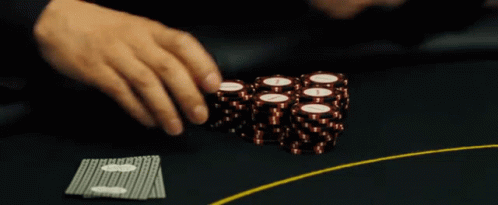Some people who can’t control their gambling ask their favorite casinos to ban them, so that they can’t return to the venues in a moment of weakness. In many locations, casinos are legally obligated to enforce these bans, and recently, some have turned to facial recognition systems to help them meet this obligation
When a person self-identifies as a problem gambler, they typically fill out a form and submit to having their photo taken by the casino. The casino then instructs its staff and security team to be on the lookout for that person, and if caught in the casino, the problem gambler could be escorted out or even arrested for trespassing.
Research demonstrates that gambling support services often do not meet the needs of people seeking help for their gambling problems. In particular, the needs of cultural groups, and gender-specific needs of men and women are neglected. Understanding differences in help seeking behaviour can assist in developing early interventions to address gambling related problems and in developing effective strategies.
🃏The system monitors people entering casinos and checks their faces against a voluntary photo database of problem gamblers who have requested to be barred from specific venues. Staff is alerted to check the person’s ID when the system finds a match.
As the gambling industry changes in response to technological and social developments, the risks to consumers also change. The Department recognises this and has committed to reviewing the Gambling Act 2005, with a particular focus on online gambling. It is important that regulators have capacity and flexibility to respond to industry developments
and new risks as they emerge.
+ However, the Commission is a small regulator and its licence fee model, which is outside its control, does not allow it to change
+ licence fees or raise additional resource. This makes it difficult to quickly move resources to address new issues, or to invest
+ in addressing specific skills gaps such as in digital technologies. Under the current regime, consolidation within the industry
+ results in a reduction in the Gambling Commission’s budget regardless of the impact on the gambling yield.
+ The Gambling Commission told the Committee that a recent merger could result in a reduction of £400,000 in the Commission’s budget.
+ In contrast to the Commission’s £19m a year, the gambling industry has agreed to spend £60m to treat problem gamblers.